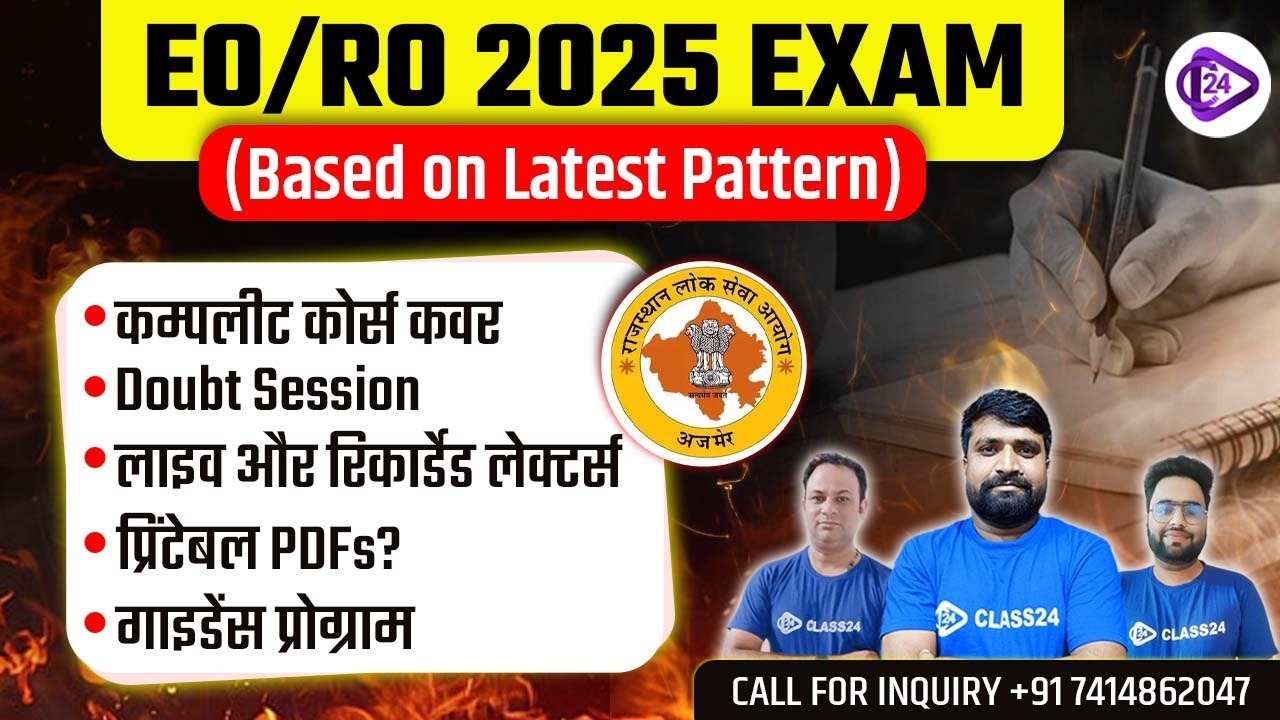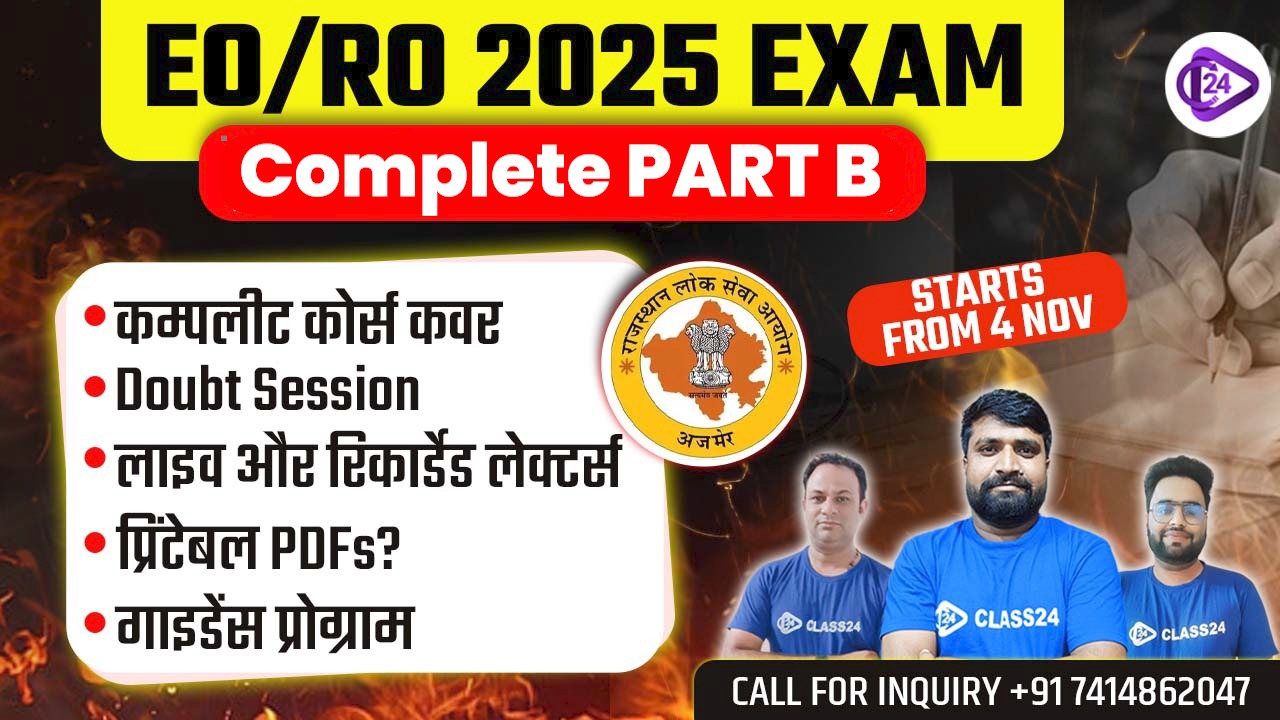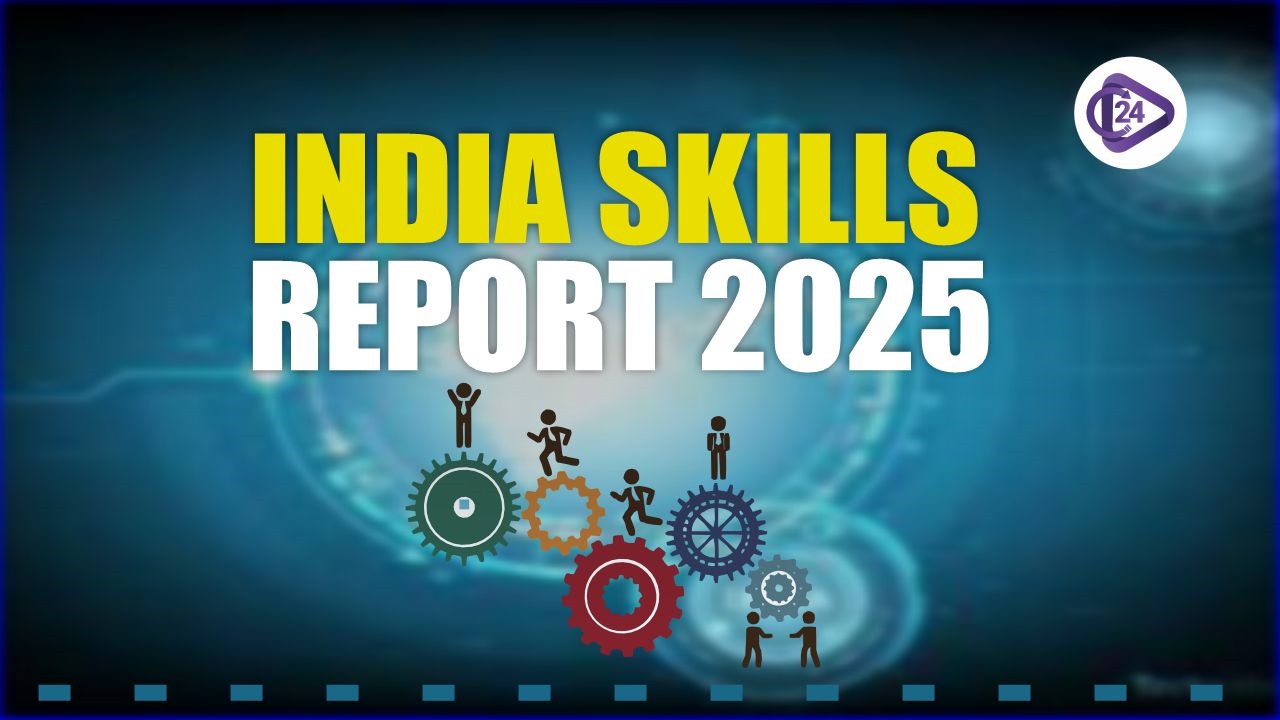
India has a vast formal institutional and policy framework of training and skilling established but there are shortcomings when it comes to equipping the workforce to meet industry requirements. India has a large youth population with 35% of the population below 35 years of age the working age population of 15-59 years is said to rise from 62% to 68% by 2030. The India Skill Report 2023 reveals that the employability rate of graduates in Artificial intelligence and Machine learning in India is at 48%. This shows a prosperous cadre of talented professionals in high-tech fields.
Leading state in employability
-
Kerala has been ranked as one of the most employable States in India, according to the India Skills Report 2025.
-
The State maintains a 71% employability rate, ranking it fifth after Maharashtra, Delhi, Karnataka, and Andhra Pradesh
-
The report is published by Wheebox in association with AICTE, CII, and other agencies and assesses employability based on a Global Employability Test conducted among 6.5 lakh youths.
-
Kerala topped at 87.47% employability rate in the 22-25 age group.
-
At 26-29 years, Kerala leads with 68.82% employability
-
For the female, Kerala ranks third in employability with substantial scopes
-
The State is a favorite for women job aspirants as its manpower policies are accommodative of all groups
-
Tamil Nadu, Maharashtra, Uttar Pradesh, and Delhi follow Kerala to the top list for States in employability.
-
The results would therefore emphasize the need for skill development programs nationwide.
The necessity/importunity of skilling in India
-
Employment Gap: The Economic Survey 2023-24 further reveals that India needs to create as many as 78.5 lakh non-agricultural jobs every year until 2030 to accommodate the growing workforce.
-
Improving Employability: According to the recent remark made by the Chief Economic Advisor, only 51% candidates passing out from India are in a position to secure a job. This depicts the need to have skills programs that guarantee that the outcomes of education meet the sector’s demand.
-
Low Reach and Quality of Training Programs: Youth unemployment is significantly high in India, as evidenced by the Periodic Labour Force Survey 2022-23; only 21% of the youths in the age group of 15-29 have ever undergone vocational or technical training; a shocking 4.4 % youths had formal vocational training ever.
-
Adapting to Industry 4.0: It requires a Generation Y workforce that would be capable of integrating requirements of Industry 4.0 such as AI, Robotics, IoTs and Big Data into the production line.
-
As of 2025, over 65% of Indian manufacturers are anticipated to adopt digital transformation strategies.
-
But, that future is uncertain with only 1.5 percent of Indian engineers possessing the skills to take up these new-age jobs.
-
-
Supporting Rural Development: For this reason, vocational training would be of immense benefit since most people reside in the rural regions and would thus keep moving to the urban areas in search of employment.
New-age Approach
-
India has a vast formal institutional and policy framework of training and skilling established but there are shortcomings when it comes to equipping the workforce to meet industry requirements. The focus is on re-skilling the existing workforce with new-age skills.
-
Skill India Digital Hub Platform: It unites multiple government schemes and services including eShram/EPFO, Udyam, DigiLocker, GatiShakti, UMANG, AgriStack, PLI Schemes, One District One Product, and so on.
-
SAMARTH Udyog Bharat 4.0: This initiative will also enhance digital adoption in industries
-
Skilling programs more gamey and simulation-based for the Indian scenario can be instituted. Learning will be more fun, and skill acquisition will improve with better alignments between the training content and what the industry needs.
-
Gamified learning: The learning process becomes engaging and fun while improving knowledge retention and the skills acquired.
-
Simulation-Based Learning utilizes virtual environments that mimic real scenarios of application where learners practice and apply the acquired skills in a safe, controlled environment.
-
The gamified and simulation training module can be hosted on the two online skill education and training platforms of the Indian government: SWAYAM and Skill India Digital Hub, SIDH.
-
Initiatives such as 'Skills On Wheel' take the facilities for training directly to rural youth so that they have an opportunity to find a job in their local economy.
Conclusion
India's skill development landscape needs significant improvements to meet the demands of a rapidly evolving job market. While states like Kerala show positive trends in employability, there is a broader need for nationwide skill-building initiatives. Adopting innovative approaches like gamified and simulation-based learning, along with platforms like Skill India Digital Hub, will help prepare the workforce for future industry needs. Focused efforts can ensure a better-equipped workforce ready to thrive in the digital era.
Chat With Us



 Indian Pharmaceutical Sector: Global Leadership for Strategic Development
Indian Pharmaceutical Sector: Global Leadership for Strategic Development Govt of India and ADB signed a $42 million loan for coastal protection in Maharashtra
Govt of India and ADB signed a $42 million loan for coastal protection in Maharashtra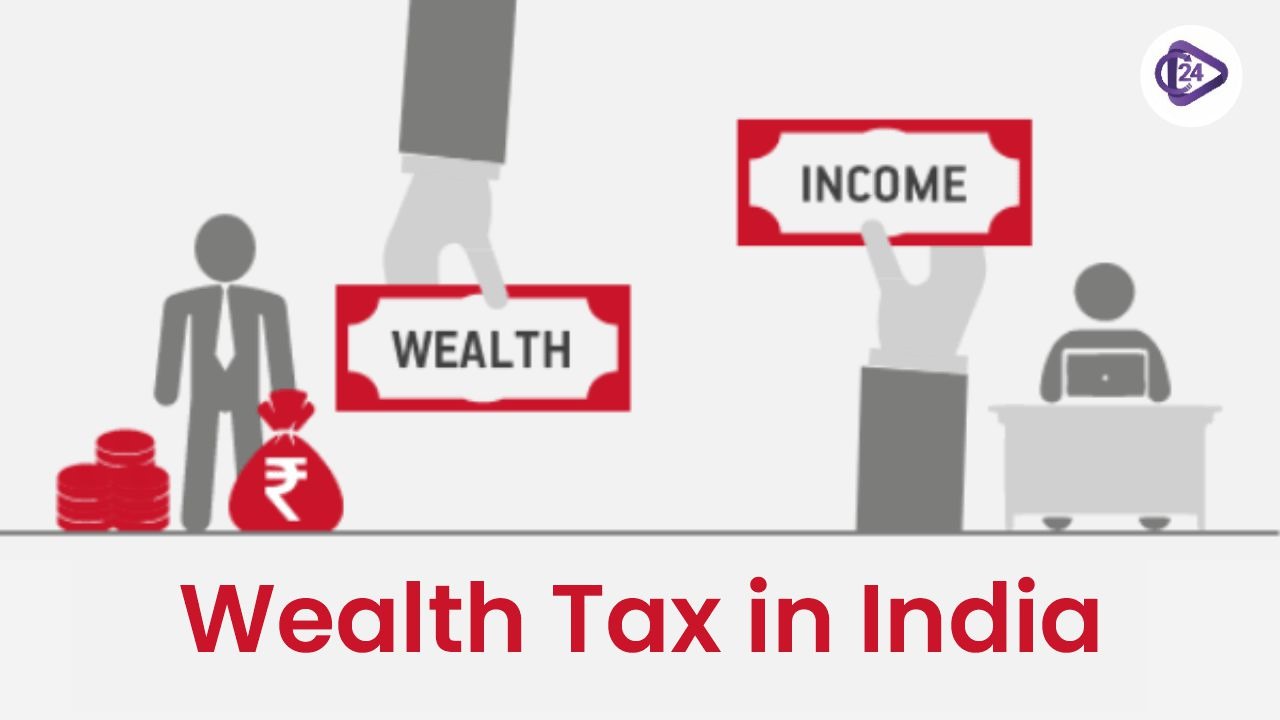 The Wealth Tax Debate in India: History, Challenges & Future Insights
The Wealth Tax Debate in India: History, Challenges & Future Insights Pharmaceutical Market and Initiatives in India (FY 2023-24)
Pharmaceutical Market and Initiatives in India (FY 2023-24) Credit guarantee for pledge financing scheme extended to e-NWR (CGS-NPF)
Credit guarantee for pledge financing scheme extended to e-NWR (CGS-NPF) India Achieves $1 Trillion in FDI Milestone: A Game-Changer for Economic Growth
India Achieves $1 Trillion in FDI Milestone: A Game-Changer for Economic Growth RBI Monetary Policy 2024: Key Highlights and Framework in India
RBI Monetary Policy 2024: Key Highlights and Framework in India India’s social security scheme for gig and platform workers
India’s social security scheme for gig and platform workers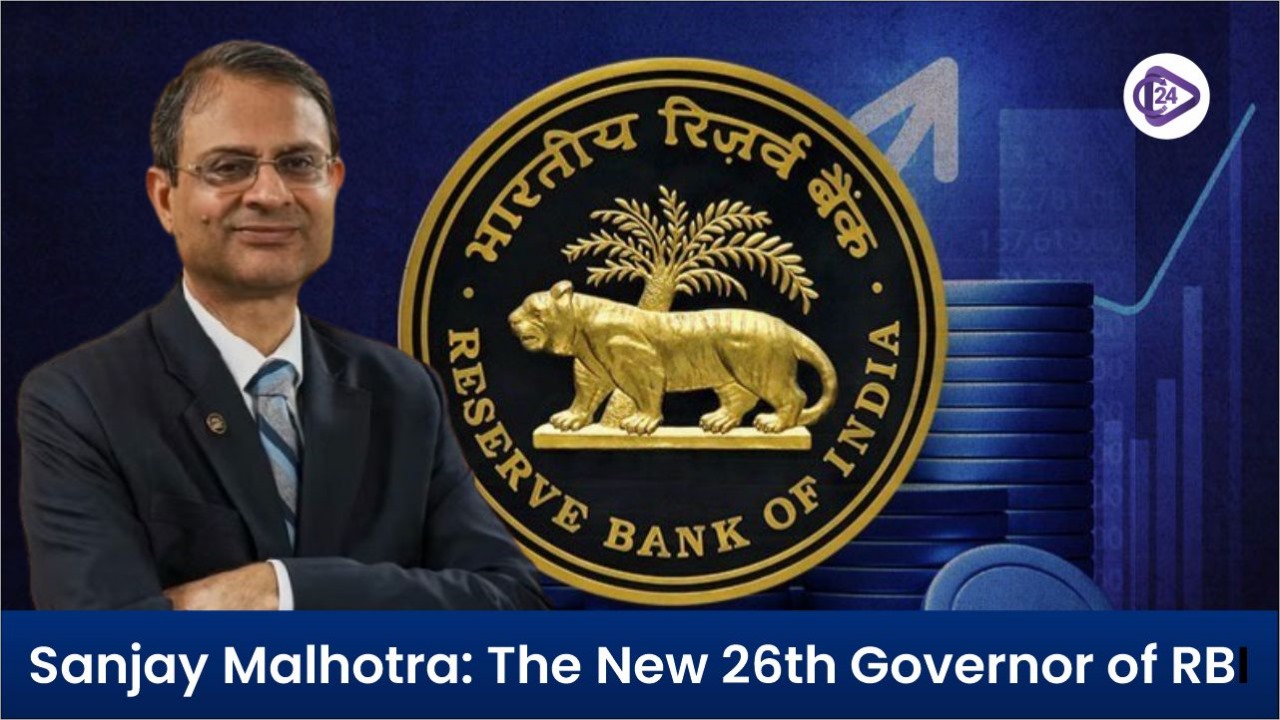 Sanjay Malhotra: 26th Governor of RBI
Sanjay Malhotra: 26th Governor of RBI



